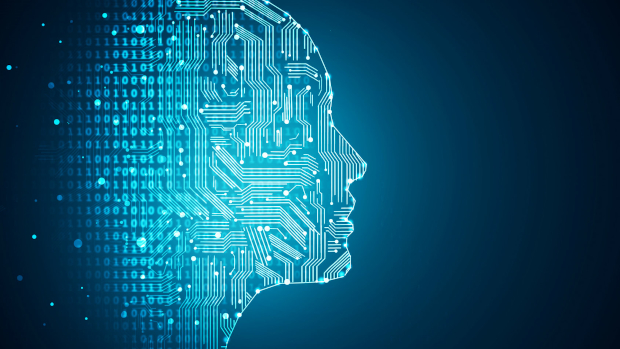
Opening to door to AI in Europe
As everyone knows, Google recently opened its artificial intelligence (AI) chatbot Bard to European users as part of the company’s bid to take on ChatGPT. Bard is a large language model-based (LLM) chatterbox that can, like ChatGPT, generate text, translate languages, and seeks to answer users’ questions accurately with varying degrees of success.
Also like ChatGPT, Bard, which is based on Google’s internally developed Language Model for Dialogue Applications (LaMDA) is pretty much a black box: users type something and the chat box responds using a generator and a discriminator. The generator is responsible for generating the response, be that collated search results, a synthesized response, or a poem or joke, while the discriminator tries to ensure the response is plausible. Beyond that, though, we don’t know much about how they work – and we certainly can’t inspect their code.
This could be about to change, though. As I recently wrote, albeit in an article that was not really about AI, there are open source language models out in the wild, and these pose a real challenge to the doyens of AI that have sprung up since late 2022.
A recent report published by Tech.eu suggests that these open source efforts represent the real business end of AI. And, indeed, it is nice to see some significant AI start-ups based in Europe, including Rasa and DeepMind, and the unfortunately-named Hugging Face.
In its story, Tech.eu also noted a leaked internal memo from Google, and it makes for interesting reading. Google has no defensive “moat” of unique features, it claimed, and nor does OpenAI, the creator of ChatGPT.
But the uncomfortable truth is, we aren’t positioned to win this arms race and neither is OpenAI. While we’ve been squabbling, a third faction has been quietly eating our lunch.
I’m talking, of course, about open source. Plainly put, they are lapping us. Things we consider “major open problems” are solved and in people’s hands today.
In essence, the author is concerned that real strength of AI will be seen in the work of specialised applications based on free and open source models available for any developer or business to modify to suit their needs.
Now, perhaps Europe going down the open source road is a case of ‘needs must’, given our relative underinvestment in serious technology. If open source wins the battle, though, it could provide real benefits, though, including the guarantee that data is not mis-used as well as the ability to tailor AI applications to meet needs that might otherwise go unserved. It might also stop another tech monsopony from forming, and that can only be a good thing.







Subscribers 0
Fans 0
Followers 0
Followers